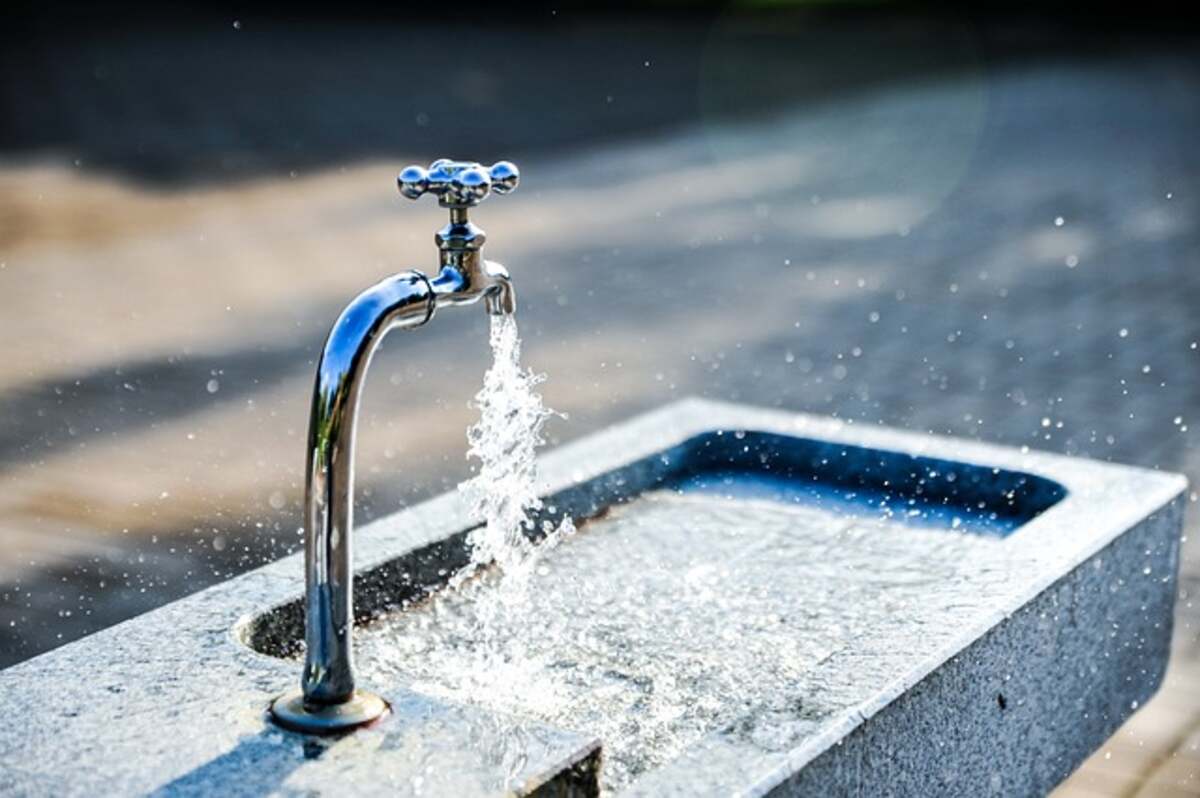Water is an essential resource for life, yet its management is increasingly critical in today’s world. With growing populations, changing climates, and increasing demand, effective water usage control has become a top priority for individuals and organizations alike. But why does water management matter so much today?
The Importance of Water Management
Water management solutions are crucial for ensuring that this precious resource is used wisely. Efficient water management helps to conserve water, reduce waste, and maintain healthy ecosystems. With many regions facing water scarcity, it’s essential to implement strategies that promote sustainable usage.
Why should we be concerned about water management? For one, the availability of clean water is diminishing in many areas due to overuse and pollution. When communities fail to manage their water resources effectively, they risk harming their environment and their residents’ health.
Understanding Water Scarcity
Water scarcity is a pressing global issue. According to the UN, approximately 2 billion people reside in nations with significant levels of water stress. This situation affects drinking water availability, agricultural productivity, and industrial processes. Thus, understanding the implications of water scarcity is vital.
What factors contribute to water scarcity? Some of the leading causes include population growth, increased consumption, pollution, and climate change. Moreover, inefficient water management practices can exacerbate the situation, making it even more critical to find practical solutions.
Effective Strategies for Water Usage Control
Implementing effective strategies can significantly improve water usage control. Here are several approaches that can help individuals and organizations manage their water resources more effectively:
- Water Audits: Conducting a water audit helps identify wasteful water usage. This process assesses current patterns and inefficiencies, allowing organizations to develop strategies for reducing consumption.
- Smart Irrigation Systems:Smart irrigation systems revolutionize agricultural and landscaping practices. They use technology to deliver the right amount of water at the right time, minimizing waste and ensuring optimal moisture levels for plants.
- Rainwater Harvesting: Rainwater harvesting systems capture rainwater from roofs or surfaces for future use. This reduces demand for municipal supplies and decreases stormwater runoff, which can lead to pollution.
- Water-efficient Fixtures: Upgrading to water-efficient fixtures can significantly lower water consumption in homes and businesses. Low-flow toilets, faucets, and showerheads use less water while maintaining performance, promoting better water management.
- Education and Awareness: Raising awareness about water conservation is essential. Educational programs can inform individuals about their usage and inspire collective action to reduce the community’s water footprint.
- Community Initiatives: Communities can effectively implement water strategies through collaborative initiatives. Projects like community gardens and water-saving challenges engage residents and promote responsible water usage.
Professional Strategies for Effective Water Management
It is crucial for organizations looking to enhance sustainability and efficiency to adopt innovative practices. By utilizing intelligent irrigation systems and water-efficient fixtures, businesses can significantly reduce their water consumption while maintaining operational effectiveness. Additionally, integrating rainwater harvesting systems not only conserves valuable resources but also helps mitigate stormwater runoff. Through these proactive measures, organizations can contribute to a healthier environment and promote responsible water usage within their communities. Effective water usage control is essential for safeguarding our most vital resource amid growing global challenges. By prioritizing innovative water management solutions, such as smart irrigation, rainwater harvesting, and education initiatives, individuals and organizations can significantly reduce waste and enhance sustainability. As communities face increasing pressure from water scarcity, embracing these strategies not only conserves water but also protects ecosystems and public health. Ultimately, collective action and responsible management practices will be vital to ensuring a sustainable water future for generations to come.
Read also: Promoting Your Home – 3 Top rated Tips For Attracting Buyers


